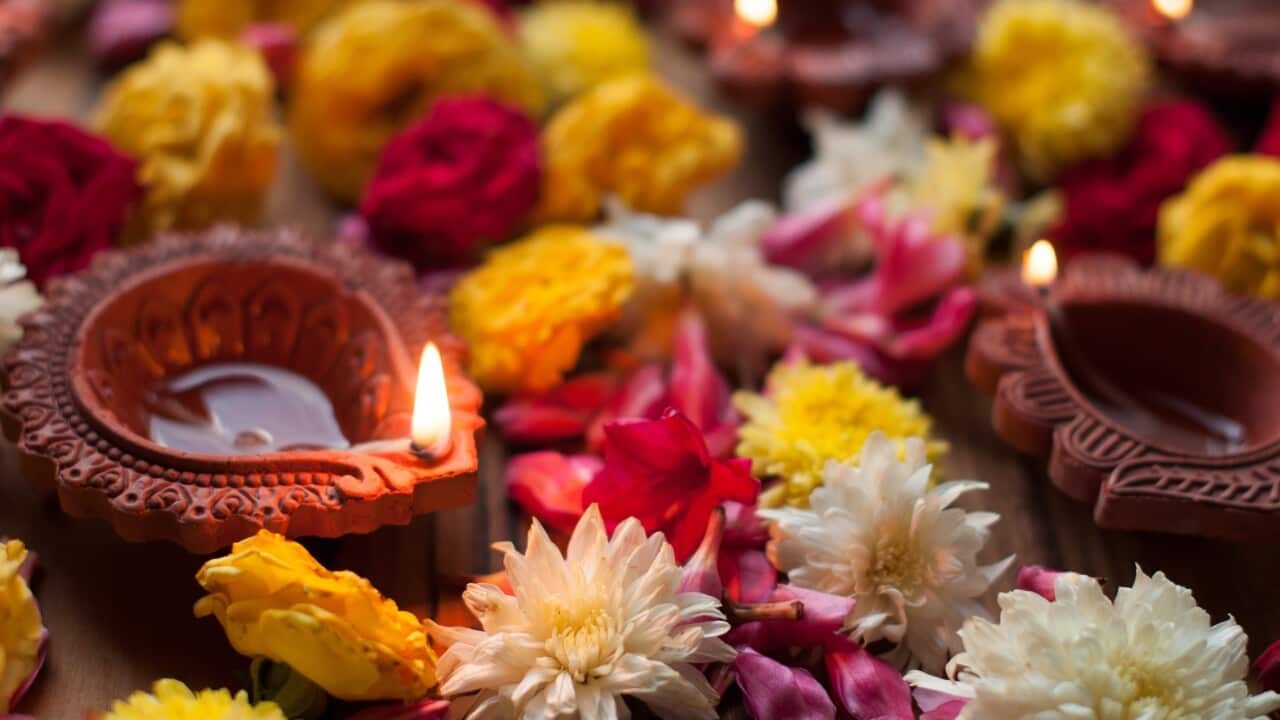Key Points
- Narendra Modi's Bharatiya Janata Party lost its majority in parliament for the first time since 2014.
- Indian Australians have hailed the election results as a triumph of Indian democracy.
- Experts suggest the results could lead to increased uncertainty for Australia, highlighting the need for closer scrutiny of Indian politics.
Yesterday, events celebrating Modi's victory were held in cities including Sydney and Melbourne by supporters of the BJP, known as the Overseas Friends of BJP Australia.
For the first time since it swept to victory in 2014, the BJP might not secure a majority on its own, as per Tuesday's vote count.
Nonetheless, Modi is still expected to be elected to a third five-year term in the world's largest democratic exercise.
"People have placed their faith in the NDA, for a third consecutive time," referring to the National Democratic Alliance that his party heads.
"This is a historical feat in India's history," he said, "We (his government) will continue the good work done in the last decade to keep fulfilling the aspirations of people."

Workers place a large cut-out portrait of India's prime minister Narendra Modi at the party headquarters in New Delhi on 4 June. Source: AP / Manish Swarup/AP/AAP Image
The victory in India's parliamentary elections has been deemed a triumph for democracy by some Indian Australians.
Jay Shah, president of the Overseas Friends of BJP Australia in Melbourne, travelled back to India solely to cast his vote in favour of the party.

Jay Shah, President of Overseas Friends of BJP (L) with Indian PM Narendra Modi Credit: Supplied by Jay Shah
He said he hoped for more robust relations between the two economies during Modi's third term.
"I'm very pleased with the results and I anticipate that the incoming NDA government will continue to focus on bolstering the relationship between Australia and India," he said.
"The 2024 election outcomes clearly demonstrate the vibrancy of democracy in India, countering false narratives spread by western critics who had been sounding alarm bells about the state of India's democracy."
Manoj Sheoran, president of the Indian Overseas Congress Australia, also expressed his joy at witnessing the opposition's resurgence and improved performance in this year's election.

Manoj Sheoran (right), president of Overseas Congress Australia, with Congress leader Rahul Gandhi (left). Credit: Supplied by Manoj Sheoran
"However, regardless of which party forms the government, as an Indian Australian, I aspire to witness the advancement of bilateral relations.
"India’s election has shown the world’s largest democracy is still a democracy."
'Prepare for more surprises'
Experts say the results may cause heightened uncertainty for Australia, emphasising the need for closer monitoring of Indian politics.
"This coalition should be reasonably stable, but it is possible that one partner or another might defect, and that could bring down the prime minister or the whole government," Ian Hall, a professor of international relations at the Griffith Asia Institute at Griffith University, told SBS Hindi.
"That will no doubt make working with New Delhi more challenging. I am confident that the economic and defence relationships will still move forward and that Canberra watches India's politics carefully, but we must prepare for more surprises."
Professor Robin Jeffrey, an Australian expert in Indian politics, said he remained hopeful about the ongoing development of India-Australia relations.
However, he acknowledged the potential for a shift towards domestic politics over foreign policies.

Professor Robin Jeffrey is an Australia-based researcher and author with expertise in Indian politics, culture and media. Credit: Supplied
The Indian government has often raised the topic with Canberra following reports of temple vandalism in Australia allegedly by supporters of the movement, which calls for an independent homeland for Sikhs in India.
Amitabh Mattoo, dean and professor at the School of International Studies, Jawaharlal Nehru University, New Delhi, suggested that if the new Indian government prioritised addressing domestic concerns such as inflation, unemployment and agricultural growth, it could signal a potential shift in India's approach to regional trade agreements.

Professor Amitabh Mattoo is the chair of the Australia India Leadership Dialogue as well as the former director of the Australia India Institute. Source: Supplied / Supplied
"(The) Agenda to engage the diaspora in a robust manner may also take a back seat ... I do not see that it will be a centrepiece of the new Modi government."
Lowy Institute's latest poll
Last year, Australian Prime Minister Anthony Albanese called Indian Prime Minister Narendra Modi "the boss" before a huge crowd during his second official visit to Sydney.
However, , which surveyed over 2,000 respondents in Australia, revealed that confidence in Modi "to do the right thing regarding world affairs" dropped to 37 per cent this year.

India's prime minister Narendra Modi celebrates Dussehra in Lucknow. Source: YouTube / YouTube Grab
One-third (32 per cent) said 'human rights in India' should be the top bilateral priority, while only one-fifth (20 per cent) gave 'defence and regional security cooperation' top billing.
Meanwhile, four in 10 Australians (42 per cent) said 'trade and investment' should be the highest priority in the relationship with India.
Mattoo, commenting on the recent survey findings, suggested that these minor fluctuations were likely attributed to specific incidents or events, and advocated for a comprehensive, long-term study of the situation.
"When you observe the graph over time, you'll notice that these events don't significantly influence the relationship," he said.
"Australian businesses will be able to work in India without unnecessarily being compromised by what might be the politics within ... I don't see this as a long-term disrupter of business relations."



